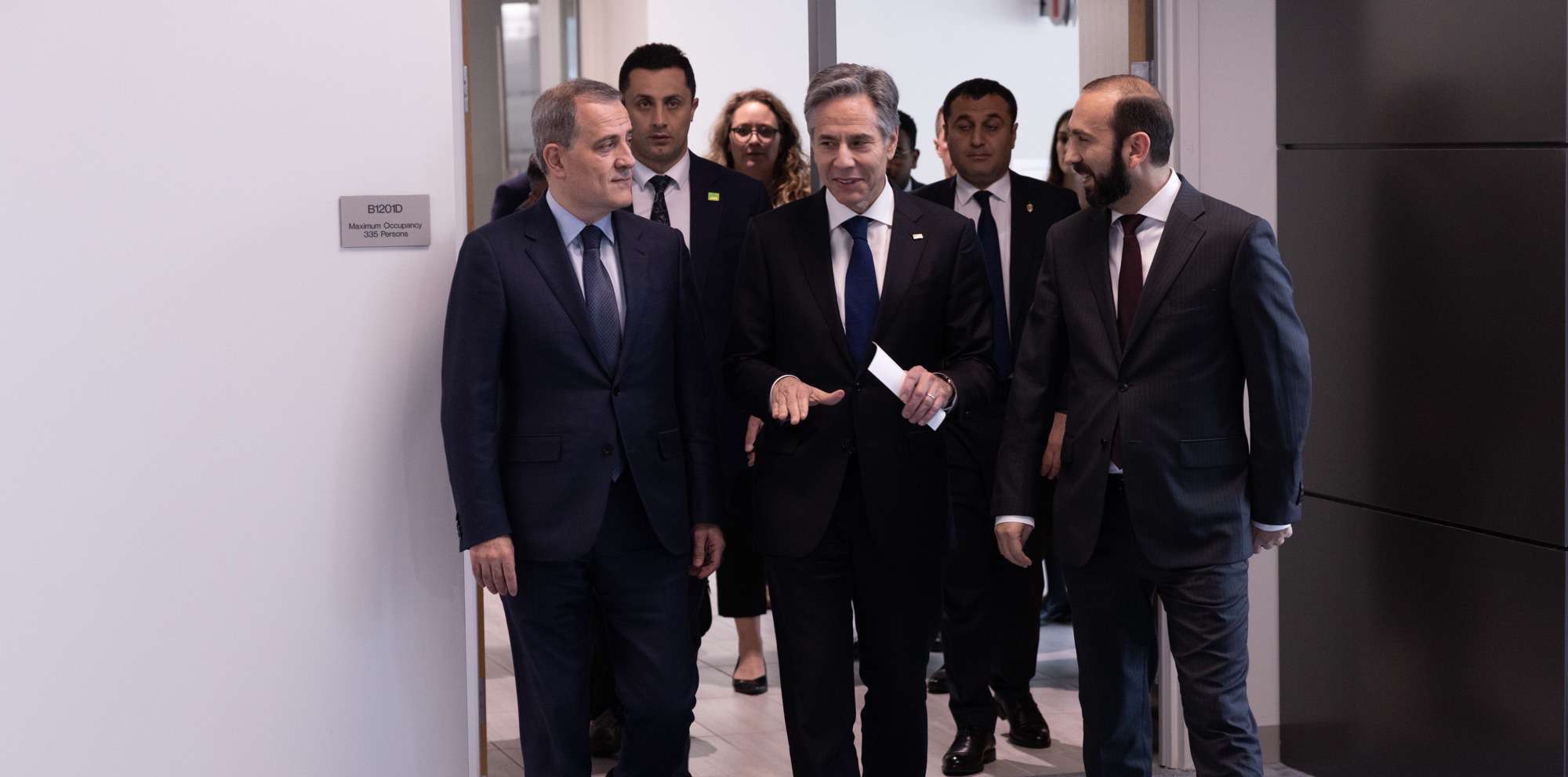Political commentator Hakob Badalyan wrote on his Facebook page.
“Anthony Blinken reports that he is pleased with the progress made and is optimistic. By all accounts, he knows one thing and no doubt knows a thousand more than we do.
But even if he were not satisfied, he would hardly admit that he gathered the foreign ministers of Armenia and Azerbaijan, kept them in Washington for four days, and did not get any results. That would be an admission of failure. Therefore, the "genre rule" requires recording satisfaction and discussing progress.
I repeat, maybe it is. But when the negotiation ended in Washington, the Prime Minister of Armenia said in Prague that "at this moment," there is no agreement on the international mechanism of the Stepanakert-Baku dialogue, the mechanism of recognition of territorial integrity, and there is no international guarantee of the implementation of the peace treaty.
Against that background, at least at the public level, the only thing worthy of attention that happened in Washington on the third day of negotiations was the meeting of Mirzoyan and Bayramov with Biden's adviser Sullivan.
If there is a multi-day negotiation process under the auspices of the State Department, what motivates Sullivan to meet with its participants? Perhaps there is no consensus on the process between the White House and the State Department. Moreover, it is a normal and legitimate phenomenon for state management systems.
And here, too, what the spokesman of the State Department, Ned Price, has said a couple of times, that the Armenian-Azerbaijani process is a "personal priority" for Blinken deserves attention. I think the process has some career value for Secretary Blinken, such as whether or not he will stick with Biden for a second term if, indeed, Biden does.
The caliber of the Armenian-Azerbaijani issue is not equivalent to the US caliber and horizon. But here, the problem for the States is not the Armenian-Azerbaijani settlement but the more enormous ramifications, in which the small-scale problem is at the center.
And, from this point of view, it should not be excluded that the satisfaction of the US Secretary of State is related to that "branch" effect, and not to direct Washington discussions."


















